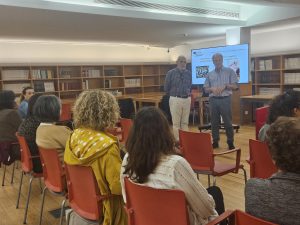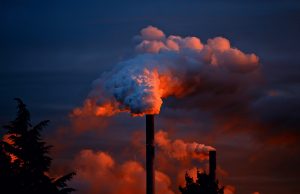By Begoña Pérez-Cabezas, ICBAS
PORTO - Biodiversity refers to all the living species (and its interactions) on Earth, including plants, animals, bacteria, and fungi. Whenever preserved, biodiversity forms balanced ecosystems that are the basis of a sustainable planet. The quality of the ecosystems translated in the quality of the air we breathe, the food we eat, and the water we drink.
Plants are essential for the production of oxygen and the absorption of air pollutants. Insects are the base of many food chains, and key for the pollination and for the dispersion of seeds. Coral reefs and mangroves protect from cyclones and tsunamis, causing waves to break offshore and soaking up wave energy.
But, Biodiversity is in danger due to the human activity that disturb the ecosystems. As the human population rises, wild areas are used to create farmland, housing and industrial spaces. Pollution, unsustainable hunting and fishing, water extraction, and global trade, are also other main threats to the balance of life on our planet. The loss of species is a dramatically irreversible process and the extinction rate now is estimated to be about 1,000 times higher than before humans dominated the planet.
Increasing protected areas and performing a sustainable use and management of non-protected areas are essential for the maintenance of biodiversity. But the protection of ecosystems is also in the hands of each one of us. Most territories are cleared for the production of cattle, soy, palm oil, or wood. Reducing the consumption of these products, choosing sustainable options, and diminishing waste of consumer goods have a positive impact on the preservation of biodiversity.
Image Credits: Scotty Turner, Unsplash.






